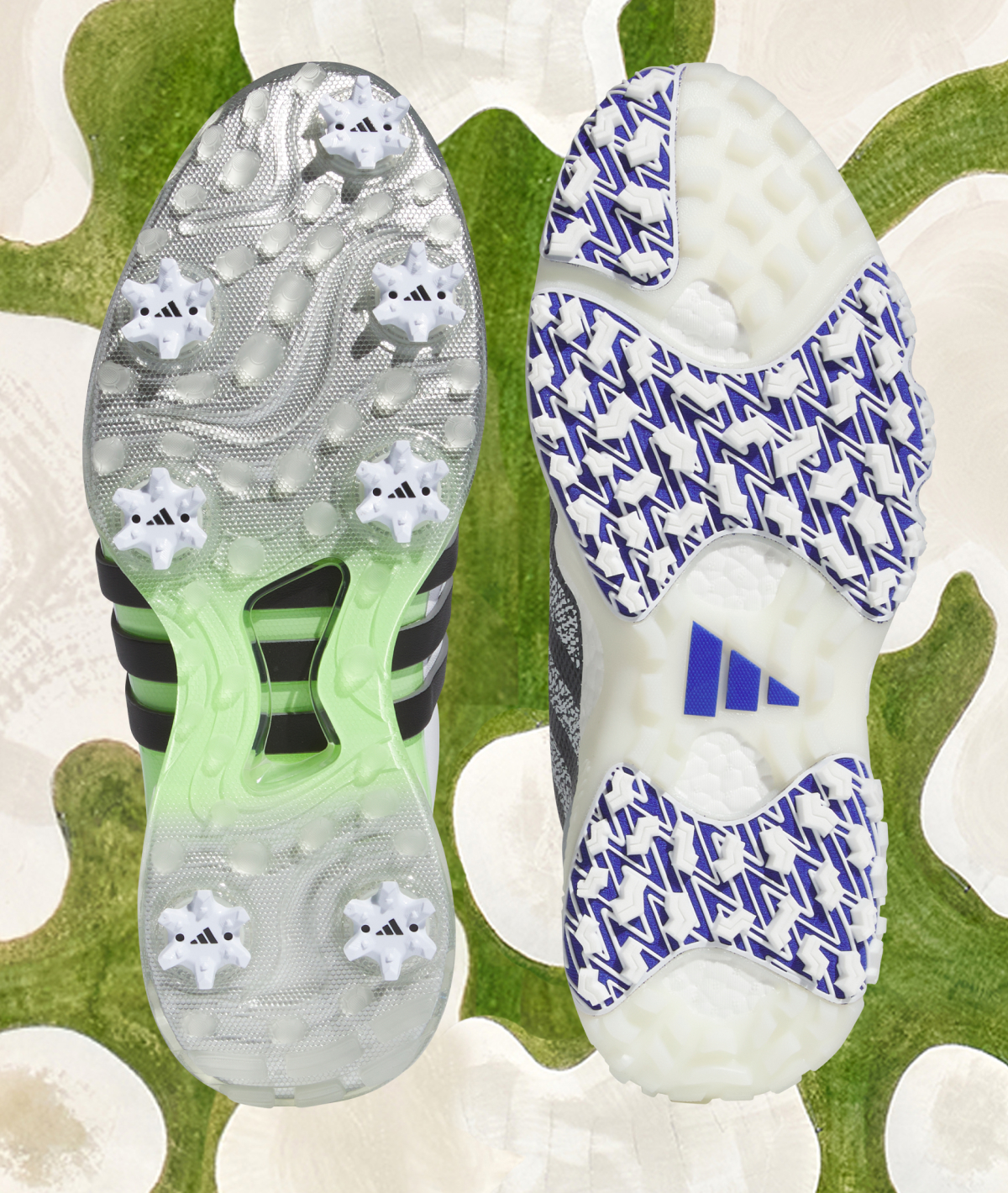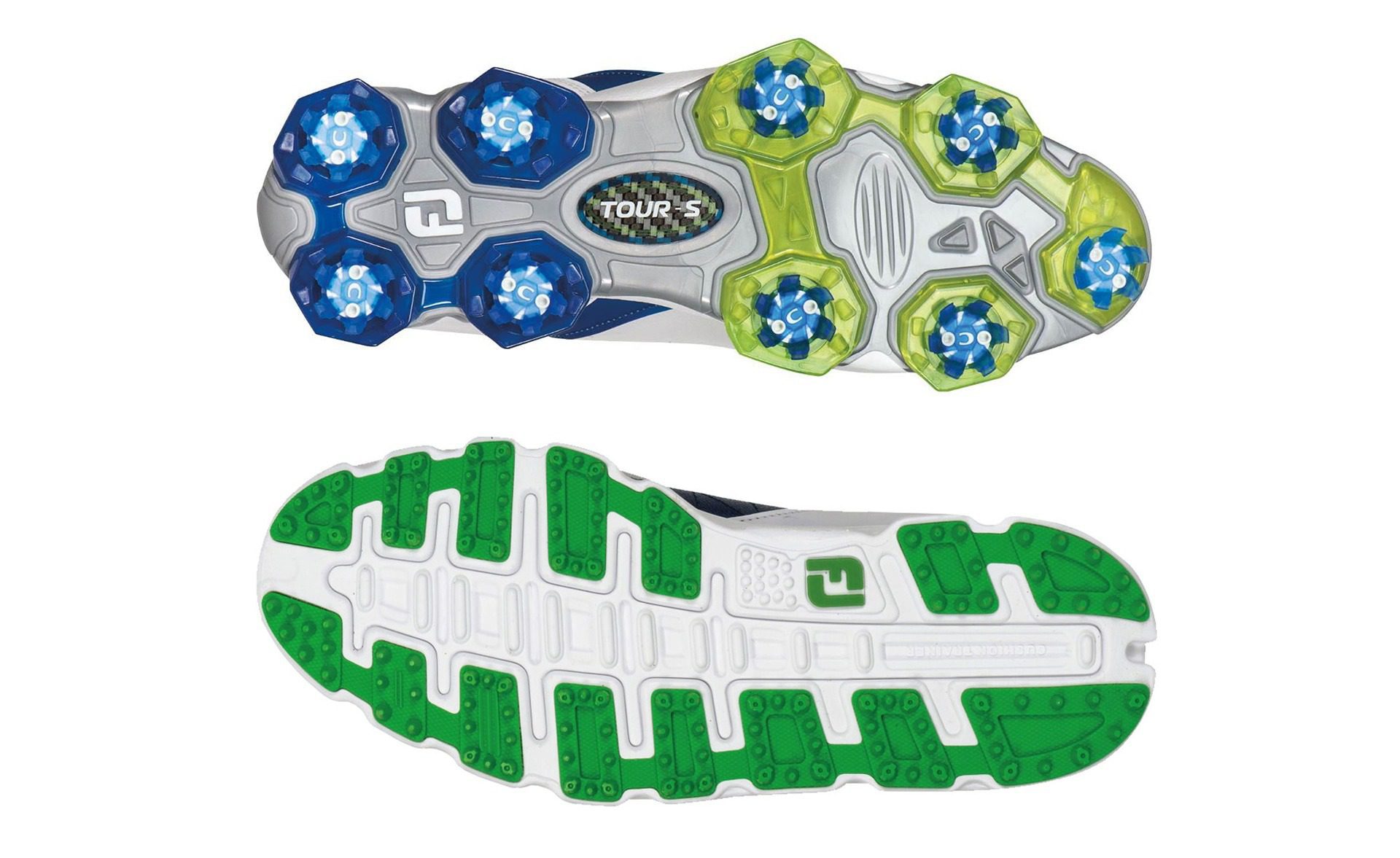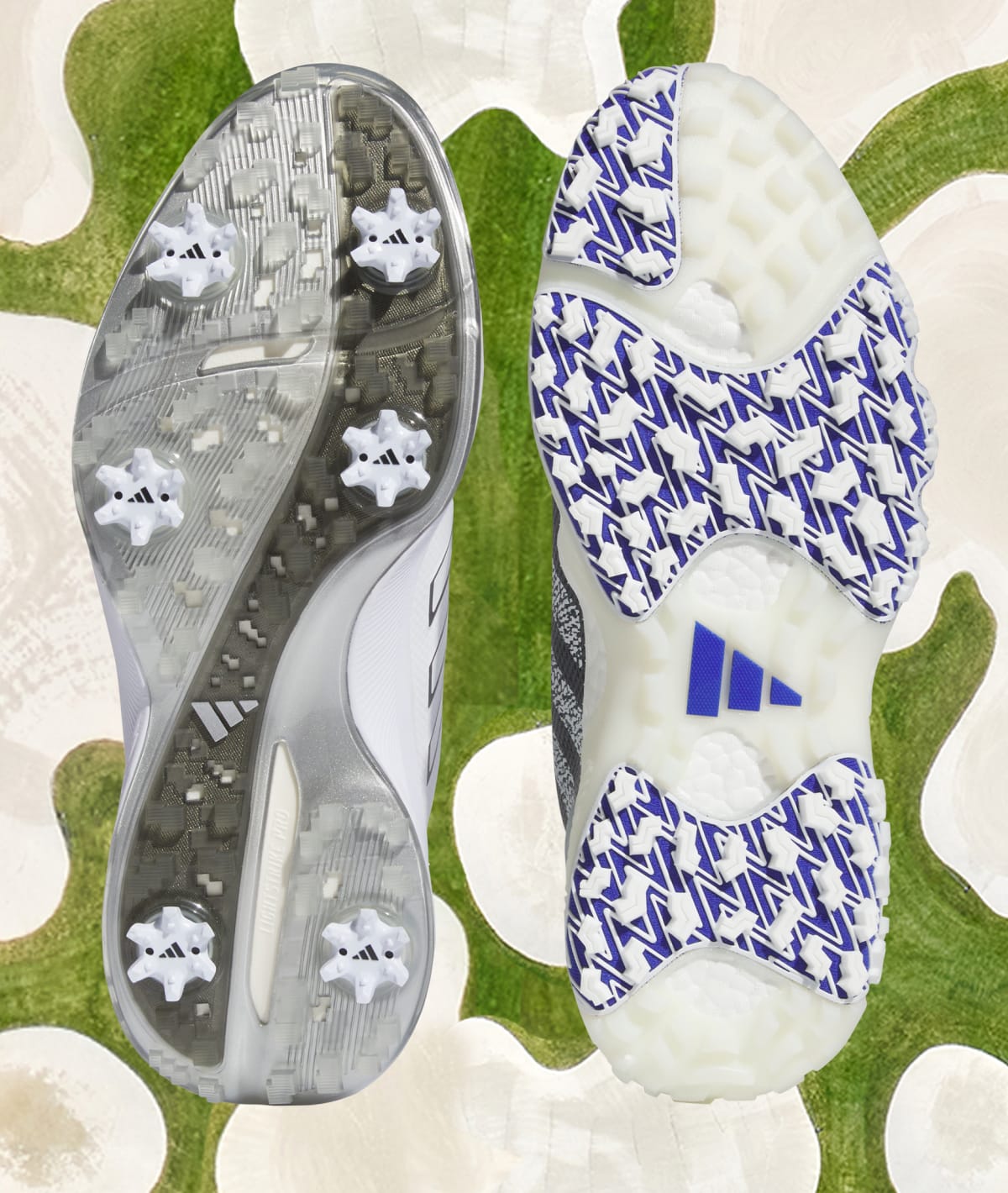Which Style Offers Better Performance and Comfort on the Course?
Introduction: The Great Debate
When it comes to golf footwear, the debate between spiked golf shoes vs spikeless has been ongoing for years. Golfers often find themselves torn between the two, wondering which style truly delivers better performance and comfort on the course. While both options have their merits, understanding the science and practical applications behind each can help you make an informed decision. This article dives deep into the key differences, benefits, and drawbacks of both styles, providing you with the knowledge to choose the right pair for your game.
Understanding the Basics: What Are Spiked and Spikeless Golf Shoes?
Before diving into the comparison, it’s essential to define what spiked golf shoes vs spikeless actually means. Spiked golf shoes feature removable or molded spikes on the sole, designed to provide maximum traction and stability during swings. These spikes dig into the ground, preventing slippage and ensuring a solid foundation. On the other hand, spikeless golf shoes have a flat sole with small nubs or patterns that offer grip without the need for traditional spikes. They are often marketed as more versatile and comfortable for walking the course.

The Science Behind Traction: Why It Matters
Traction is a critical factor in golf, as it directly impacts your swing mechanics and overall performance. According to a study published by the University of Birmingham, proper traction can improve swing consistency by up to 15%. Spiked golf shoes excel in this area, as their design allows for deeper penetration into the turf, especially on wet or uneven surfaces. This is particularly beneficial for golfers who play in varying weather conditions or on hilly courses. However, spikeless shoes have made significant advancements in recent years, with brands like adidas and FootJoy incorporating advanced rubber compounds and tread patterns to mimic the grip of traditional spikes.
Comfort and Versatility: The Spikeless Advantage
While spiked golf shoes vs spikeless often focuses on performance, comfort is equally important. Spikeless shoes are generally lighter and more flexible, making them ideal for golfers who walk the course. The absence of spikes also means they can double as casual footwear, allowing you to transition seamlessly from the course to the clubhouse. As professional golfer Jordan Spieth once noted, “Spikeless shoes give me the freedom to move naturally, which is crucial during long rounds.” Additionally, spikeless designs often feature enhanced cushioning and breathability, reducing fatigue and keeping your feet comfortable throughout the game.

Performance on the Course: A Side-by-Side Comparison
To truly understand which style is better, let’s compare spiked golf shoes vs spikeless in real-world scenarios. Spiked shoes are often preferred by professional golfers and low-handicap players who prioritize stability and precision. The added traction allows for more aggressive swings without the risk of slipping. However, spikeless shoes have gained popularity among recreational golfers due to their versatility and ease of use. They perform well on dry, flat courses and are less likely to damage greens, making them a favorite among course managers.
Weather Conditions: A Deciding Factor
Weather plays a significant role in determining the effectiveness of spiked golf shoes vs spikeless. Spiked shoes are undeniably superior in wet or muddy conditions, as their design prevents slippage and ensures a firm grip. On the other hand, spikeless shoes may struggle in such environments, as their nubs can become clogged with dirt or lose traction on slippery surfaces. As golf coach David Leadbetter explains, “In adverse weather, spiked shoes are a no-brainer. They provide the stability you need to maintain your swing mechanics.”

Longevity and Maintenance: What to Expect
Another aspect to consider is the durability and maintenance of spiked golf shoes vs spikeless. Spiked shoes require regular maintenance, as the spikes can wear down or become damaged over time. Replacing spikes can be an added expense, but it ensures consistent performance. Spikeless shoes, on the other hand, are generally easier to maintain and have a longer lifespan. Their flat soles are less prone to damage, and they don’t require frequent replacements. However, the tread patterns on spikeless shoes can wear out, reducing their effectiveness over time.
Cost Considerations: Balancing Budget and Quality
When it comes to cost, spiked golf shoes vs spikeless can vary significantly. Spiked shoes tend to be more expensive upfront, especially high-end models designed for professional use. However, they often provide better value in the long run due to their replaceable spikes and durable construction. Spikeless shoes are generally more affordable and offer excellent value for casual golfers. Brands like Nike and Puma frequently offer discounts on spikeless models, making them an attractive option for budget-conscious players.

Final Thoughts: Making the Right Choice
Ultimately, the decision between spiked golf shoes vs spikeless comes down to your individual needs and playing style. If you prioritize performance, stability, and play in varying conditions, spiked shoes are the way to go. However, if comfort, versatility, and ease of use are more important, spikeless shoes may be the better option. Both styles have their place in the golf world, and the best choice is the one that enhances your game and keeps you comfortable on the course.
